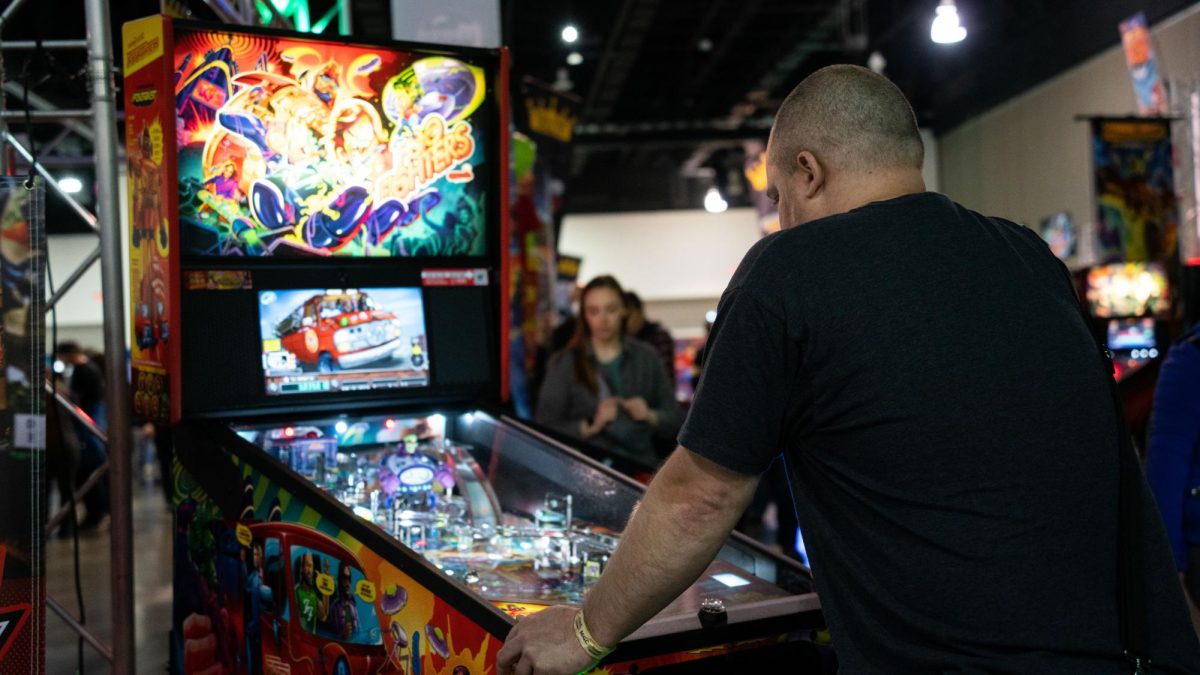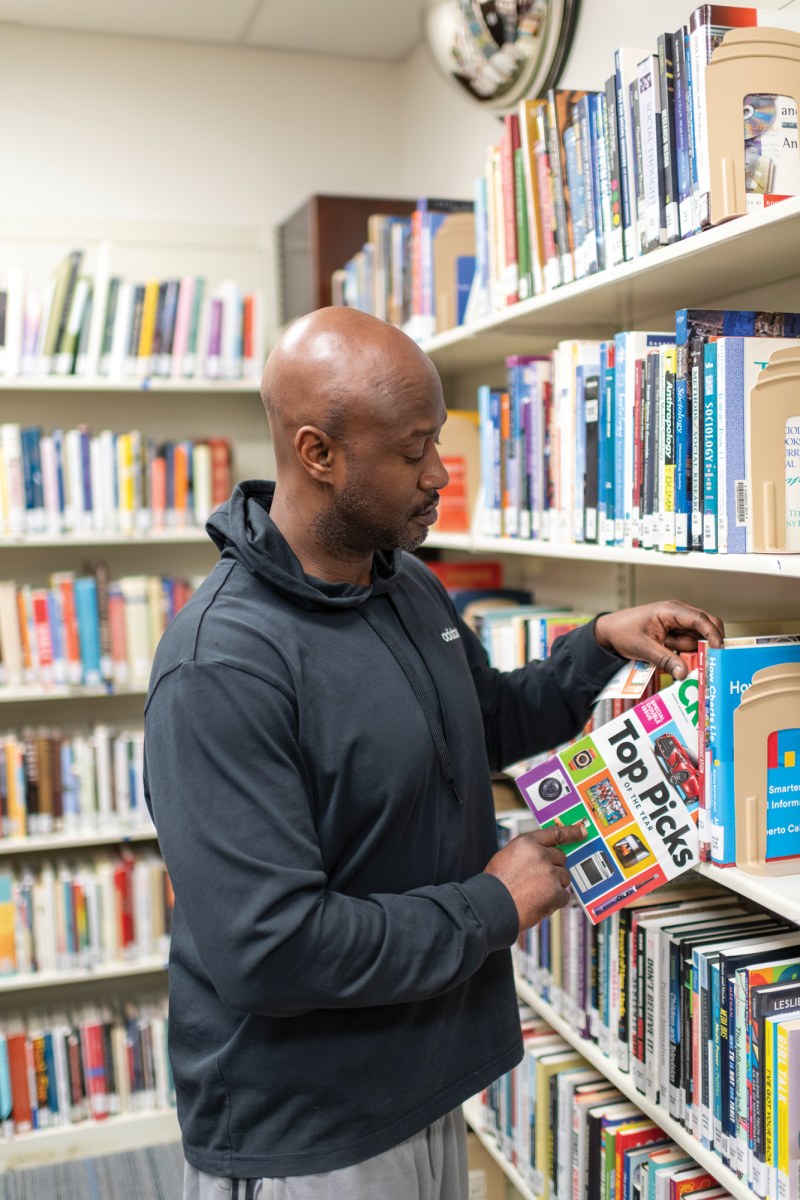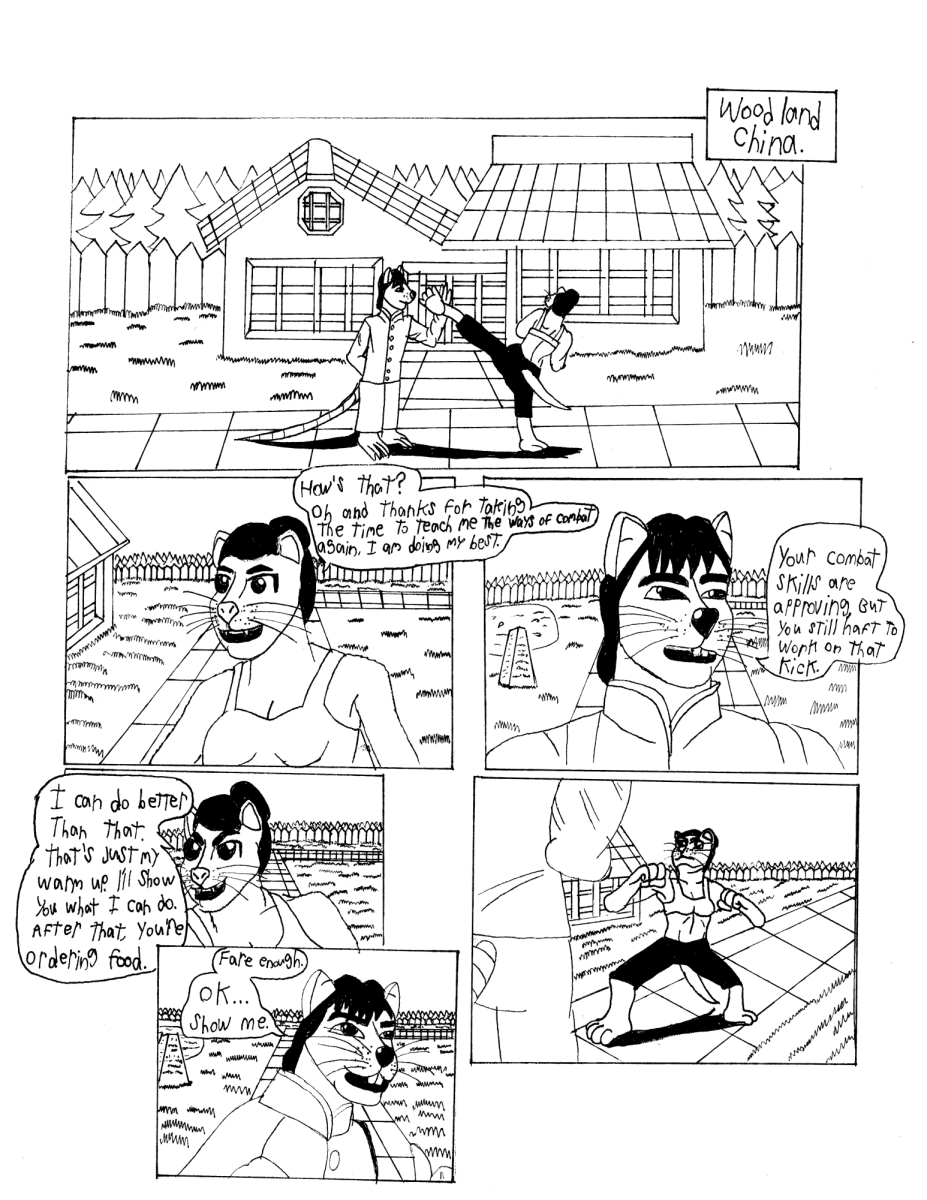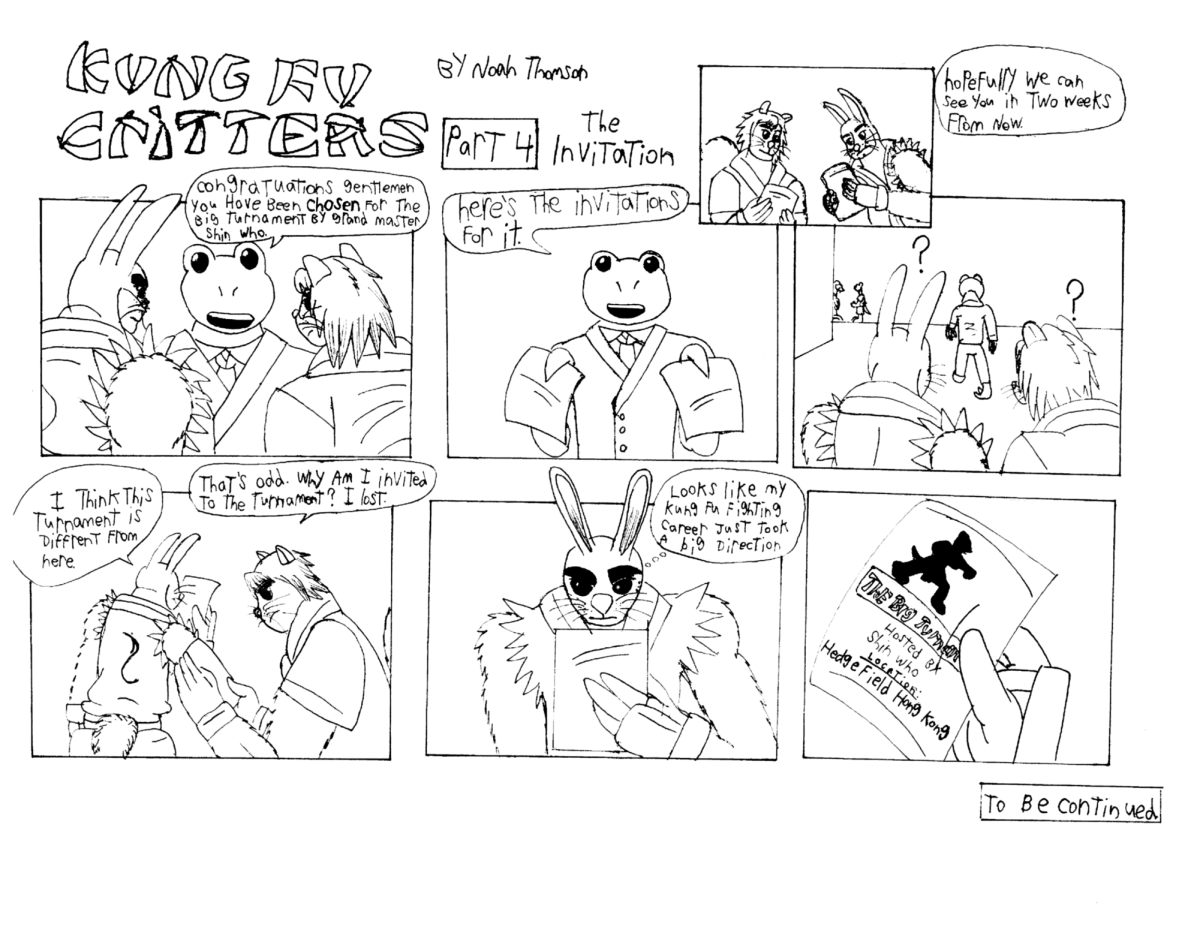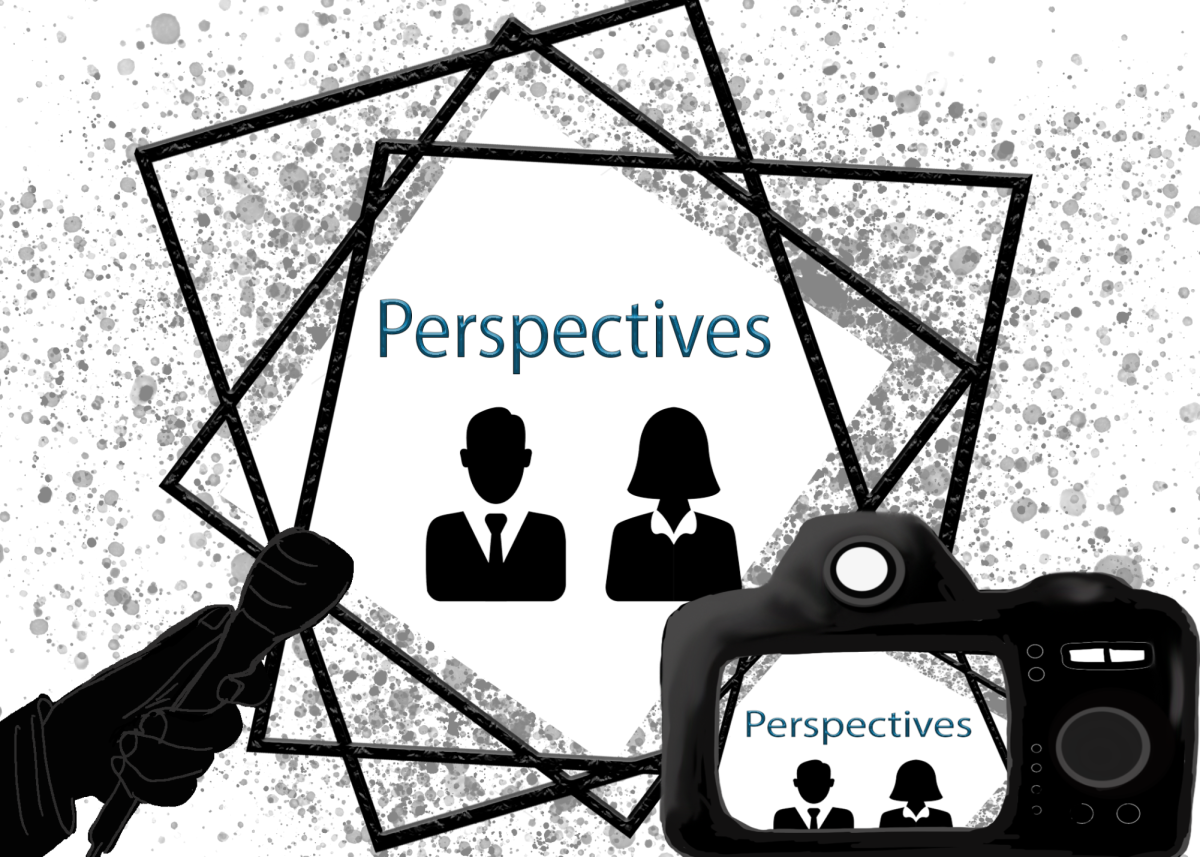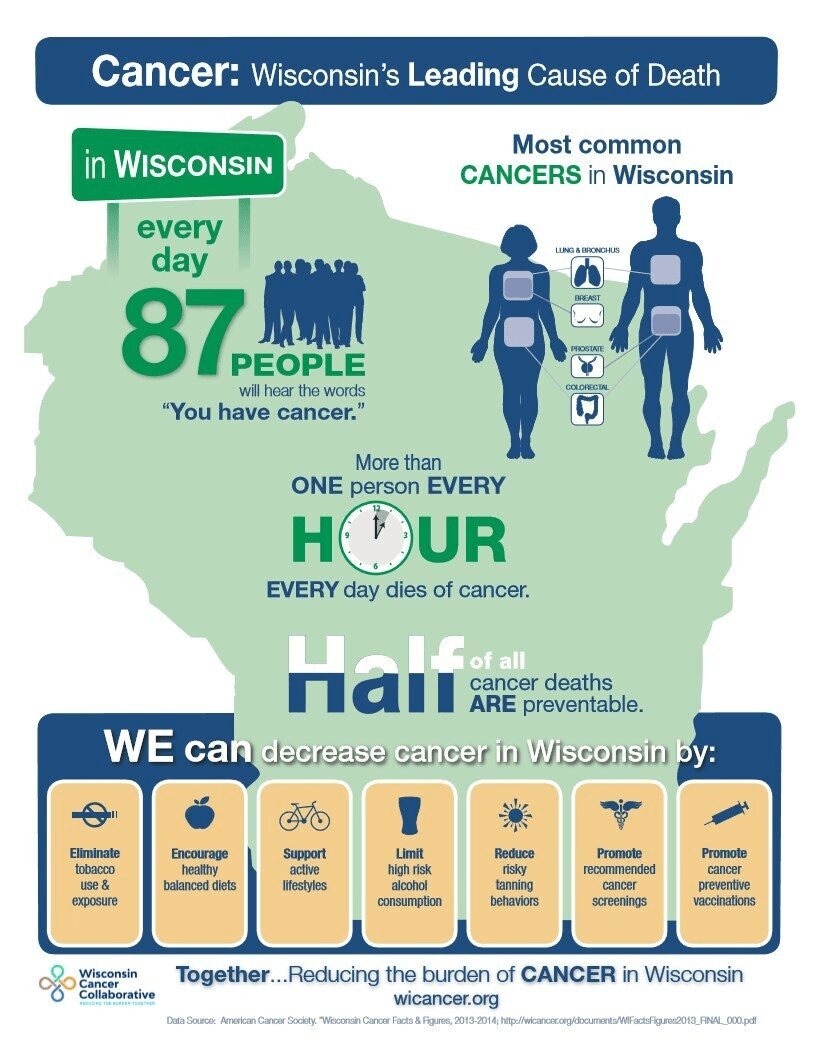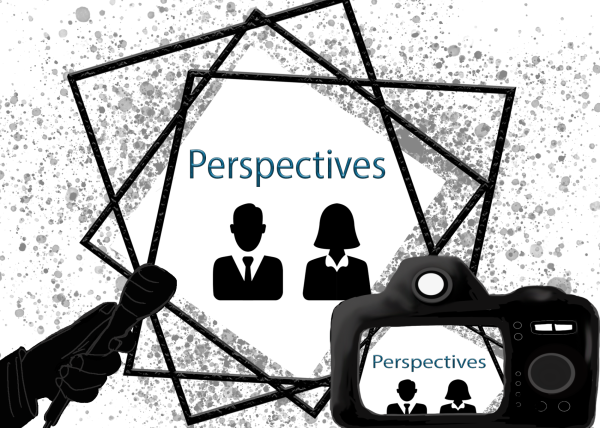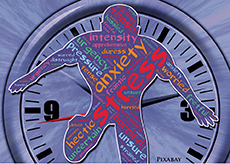Put your phone down and save the world
Photo by Tribune News Service
Communication – it is the very bedrock of human nature, culture and society as a whole. For one to expand this bedrock would be easily considered a great benefit to society. Such was the case when the first telephone was made in 1876.
Decades of communication gave us quicker ways to check on loved ones, order supplies and goods, and even save lives on multiple fronts.
In 1973 that bedrock was built even further with the introduction of the mobile phone. Now, as of the day this article is written, smartphones, texting and emails have embedded themselves into that very bedrock, drilling in and standing like posts causing roadblocks to human interaction.
We as humans are social beings, we naturally look for a social group or ring of interaction. It’s simply what makes us human. When introduced with a way to stay connected to that social group, however, we naturally cannot ignore it, it’s impossible. With smartphones we gained exactly that, the perfect tool to keep us connected to events, groups and organizations that interest us. However it’s slowly getting to the point where we want so very much to connect with our social groups that we inadvertently isolate ourselves, creating a form of social paradox. An MIT professor by the name of Sherry Turkle has studied technologies’ impact on social interaction over the course of 20 years. She, like many other researchers, psychologists and other sources of insight, believe that smartphones deteriorate social interaction skills. What causes this is the very thing that draws us to the device in the first place: ease of access.
When we first started making tools, we made items that allowed other processes to be easier. Eventually ease of use became the standard of invention. Over time it has lead to our ability to surf the internet, watch television, call people, send emails, use flashlights, play video games, set up bank accounts, and even drive cars … from the palm of our hand. The smartphone is at its core what human society has been building up to, a one-stop shop for everything we want, but of course not everything we need. Similar to taking a lion out of the wild, humans have now been stripped of that which makes us human, our ability to communicate, and our confidence within a social group.
In one of Turkle’s studies she stated, “If you put a cellphone on a table during a conversation it immediately devalues it.” We internally all know that using a phone mid conversation is considered rude, however we use it anyway due to the fact that we have built up a level of dependency with the device. This dependency stems from the very unexpected inner fear of boredom. When we are bored we typically sit around, maybe lay in bed or maybe rest our head on our hand or even fall asleep. The reason for these physical cues is that, like the body after working out, the mind needs a cool down or a resting period. This is what boredom really is.
“Allowing yourself a moment of boredom is crucial to human interaction, and crucial to your brain as well. When you’re bored your brain isn’t bored at all. It’s replenishing itself, and it needs that down time,” stated Turkle.
Having down time acts as a base to start the next build in the mind. Similar to building blocks, if you just keep adding to the same tower you’ll run out of blocks, and the tower could fall.
It is estimated that by 2020, 2.87 billion people will be smartphone users. This includes children, which we can see in practice already. If that much neurological damage takes place in adults, imagine how damaging it could be to a child’s development. The future is never promised, and is only a product of the vigilance used today. We seek so desperately for an easier way to do things in a time where people rely on a piece of plastic with two wheels and a motor to walk.
This is no longer a question of are smartphones hurting human nature; it’s slowly becoming a question of if we are.
So the next time a friend starts talking on the phone mid conversation and you slap it out of their hand, you can happily say, “I’m saving the world” – then immediately be looked at with confusion by everyone in the room.

“Pay Now, Play Later” these words were the ones my mother spoke to me when she would find me goofing off the night before a test or before any major...






















